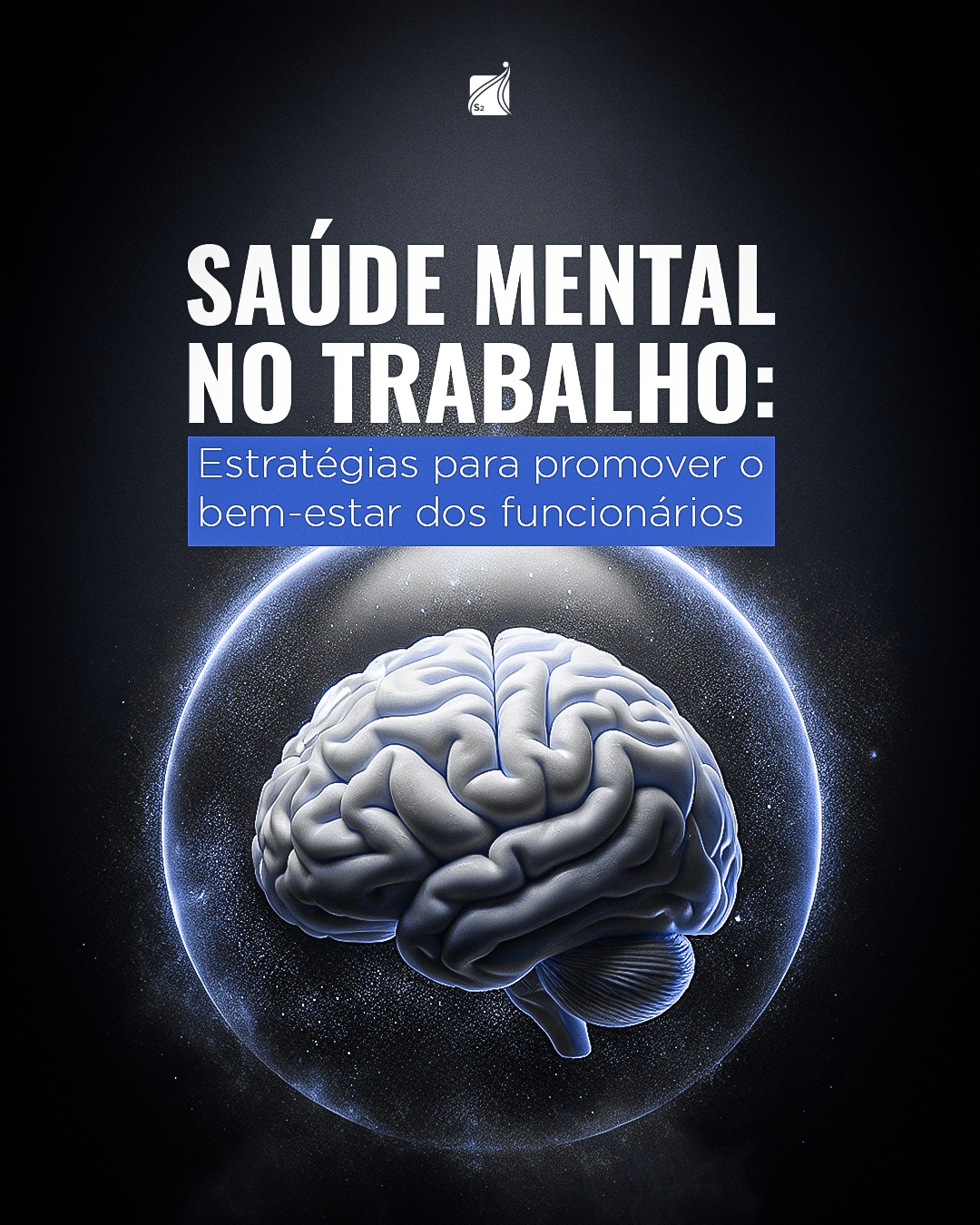
Navegue por tópicos
Falar um idioma vai muito além de dominar um código ou traduzir meramente as palavras. O entendimento da cultura de um lugar permite uma compreensão muito mais aguçada da língua. Nem todos os idiomas possuem palavras que traduzem exatamente os mesmos significados, e com o mesmo sentido. Existem palavras para definir algo em um idioma que não necessariamente existe em outro.
É comum escutar a afirmação de que a palavra “saudade” só existiria em português. “Saudade” não é uma palavra exclusiva do português, mas derivada do latim, estando também presente em outras línguas. Contudo, de que tipo de sensação estamos falando? Ela é sentida com amargura ou esperança? Para muitos, “saudade” é um substantivo tão abstrato, que só existe mesmo na língua portuguesa, sendo difícil atribuir um significado preciso. Para desfrutar do vasto mundo das palavras utilizadas para se expressar e sentir é necessário um pouco de estudo e dedicação.
Um profissional não é capaz de mostrar todo seu talento, se não puder se comunicar em função do desconhecimento de um idioma. Por outro lado, não adianta conhecer bem o idioma, sem ter habilidade para se comunicar, pois uma coisa é a língua e outra, a linguagem.
Sem o estudo de idiomas, aquele talento eloquente que já possui habilidade com a linguagem, acaba não explorando esta capacidade como deveria, por pura falta de preparo. Investimento inexpressivo, frente aos possíveis retornos que os grandes talentos podem atingir se devidamente capacitados.
As empresas em crescimento possuem um caráter cada vez mais transnacional, sempre buscando a expansão de seus negócios e a conquista de novos mercados. Habilidades corriqueiras como escrever um e-mail, ou participar de uma reunião podem se dar de forma atrapalhada quando o idioma não é dominado. Um time precisa interagir e trocar ideias, nesse contexto, a clareza na comunicação é fundamental.
O aspecto mais devastador das falhas na comunicação provoca desordens de todas as naturezas, desde acidentes de trabalho por ausência de sinalização até a desconfiança do mercado financeiro com a falta de clareza na comunicação das empresas com os seus investidores.
Também é ingenuidade acreditar que a tecnologia irá substituir todas as nossas necessidades, principalmente no que tange a capacidade de raciocínio abstrato, relacionados as associações mentais ligadas as sensações e figuras de linguagem. As ferramentas tecnológicas de tradução ainda não são eficientes o bastante para que deixemos de lado a necessidade de estudar idiomas. E provavelmente, no dia em que isto ocorrer, se tornará plausível a realidade sugerida por filmes de ficção científica, em que a humanidade é obrigada a lutar contra as independentes máquinas.
A definição da língua a ser estudada pode ter relação com o cenário atual ou futuro. As empresas devem incentivar e investir na capacitação de seus talentos. A BiCortex Serviços de Idiomas Ltda. é uma empresa de aulas de idiomas e traduções que se preocupa em desenvolver um plano de aula específico para cada aluno ou grupo, cuidadosamente definido após nivelamento meticuloso, feito por uma equipe especializada. As aulas podem ser presenciais ou online, com material digital ou impresso.
É importante definir quais serão as metas do curso. Se é um benefício ou um treinamento, qual o nível do aluno e qual o nível esperado. O talento deve ser capaz apenas de ler e responder e-mails, ler manuais, e interpretar relatórios, ou deve também ser capaz de participar de reuniões complexas com linguagem técnica, negociações e viagens ao exterior?
Para aprender com consistência, o idioma estudado não deve ser encarado como algo enfadonho, mas sim uma necessidade de atualização constante no mundo contemporâneo. Se divertir durante seu curso de idioma é a principal chave para uma trajetória de êxitos.

